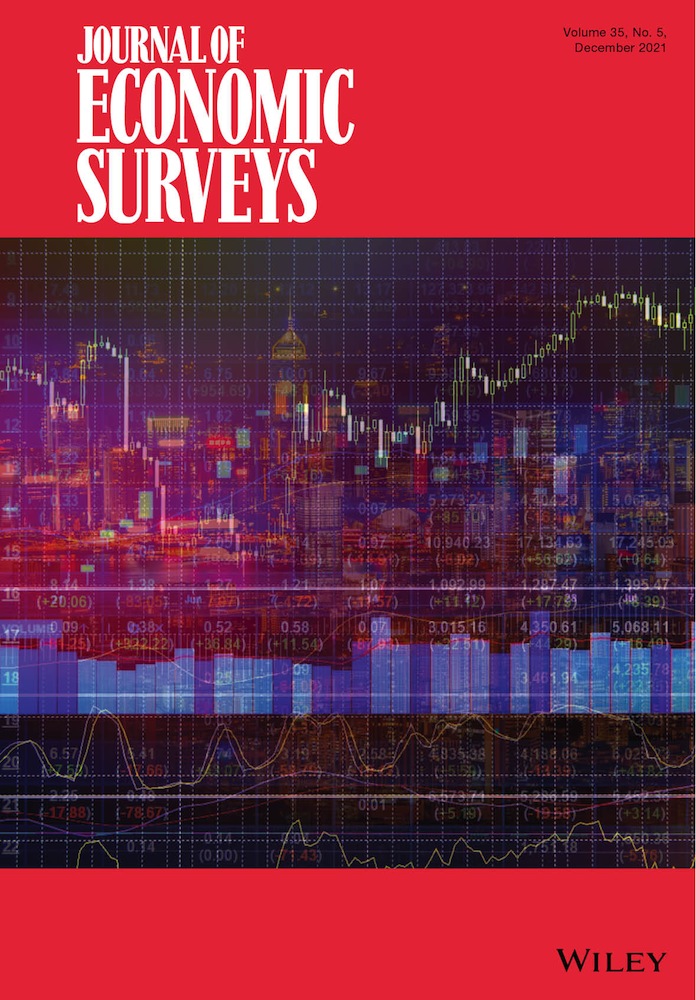
Lo más reciente
In this paper we detail the entire Regression Discontinuity Design (RDD) history, including its origins in the 1960s, and its two main waves of formalization in the 1970s and 2000s, both of which are rarely acknowledged in the literature. Also, we dissect the empirical work into fuzzy and sharp designs and provide some intuition as to why some rule-based criteria produce imperfect compliance. Finally, we break the literature down by economic field, highlighting the main outcomes, treatments, and running variables. Overall, we see some topics in economics gaining importance through time, like the cases of health, finance, crime, environment, and political economy. In particular, we highlight applications in finance as the most novel. Nonetheless, we recognize that the field of education stands out as the uncontested RDD champion through time, with the greatest number of empirical applications.

 Freddy A. Pinzón-Puerto,
Freddy A. Pinzón-Puerto,  Maria Alejandra Ruiz-Sanchez
Maria Alejandra Ruiz-Sanchez